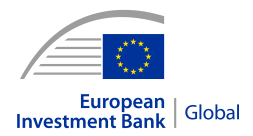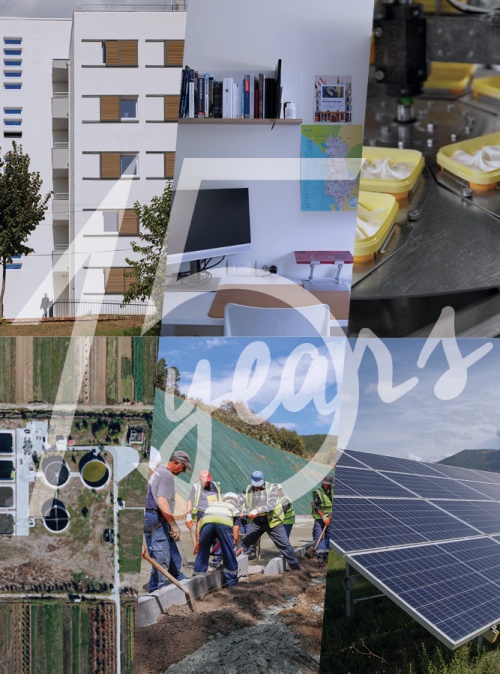
European journalists visit EU flagship investments in North Macedonia and Albania
The European Union’s investments in the Western Balkans continue to bear fruit, as demonstrated during a media trip organised by the European Commission’s Directorate-General for Neighbourhood and Enlargement (DG NEAR) from 23 to 27 September 2024. The trip marked the 15th anniversary of the Western Balkans Investment Framework (WBIF), which has played a crucial role in the region’s path towards EU integration.
The WBIF is the main vehicle for the implementation of the EU’s €30 billion Economic and Investment Plan in the Western Balkans and will be a key instrument to deliver the new Growth Plan for the region.
Fifteen journalists from leading European media outlets embarked on five-day tour through North Macedonia and Albania, getting a taste of the EU’s considerable investments in infrastructure, energy and social development in all six of the Western Balkan partners, implemented by the WBIF.
The journey began in the Europe House in Skopje, where journalists had the opportunity to discuss the overall EU support to North Macedonia and the region with Steffen Hudolin, Head of Cooperation at the European Delegation.
Mr Hudolin said: “The media is an important channel through which we communicate the fundamental effect of the work the EU does on the ground in the accession countries. It is of great benefit to have dedicated information session with the representative of the press. Here we can connect the beneficiary country with member State journalist for the stories and articles they will write and pass on to the citizens. We can showcase the daily work the EU does on the ground, and we share stories about people, about the impact of the financial assistance coming from the EU taxpayer. The opportunity of organizing this event in the context of the 15th year anniversary of the WBIF instrument provided the EU Delegation to North Macedonia to share insight information on key investments and key reforms implemented and the plans for the future. These type of exchanges should increase in the future, also with local journalists, to allow for peer to peer experiences, that will further increase the EU public information and openness towards the media and the EU citizens.”
Michael Vögele, Deputy Head of Unit for the Western Balkans Regional Programmes, Economic and Investment Plan at the European Commission addressed the participants online: “The European Union is the biggest investor in the Western Balkans. Through the Team Europe approach, the WBIF - bringing together resources from the EU, member and partner states, and international financial institutions - has contributed significantly to the region’s social and economic development, helping it advance on the accession process.”
To get a taste of the action, journalists met a successful family-run enterprise Neho Ice Cream supported by the European Union through the Western Balkans Enterprise Development & Innovation Facility (WB EDIF). The second largest ice cream producer in North Macedonia received advisory services from the European Bank for Reconstruction and Development (EBRD) to help it achieve its milestones.
The reporters’ journey through the EU-supported public infrastructure began on the emblematic Road Corridor VIII, a major east-west transport route connecting Albania’s Adriatic port of Durrës to Bulgaria’s Black Sea port of Varna via North Macedonia. A key stop was the construction site of a 23 km express road from Kriva Palanka to Stracin, the final stretch leading to the Bulgarian border. Once completed, this route - part of the recently revised Western Balkans - Eastern Mediterranean European corridor – will cut travel times between Skopje and Sofia. The project – one of the Economic and Investment Plan flagships - is supported by a €14 million EU grant, complementing the €20.2 million loan by the World Bank Group.
Koče Trajanovski, Director of the Public Enterprise for State Roads, confirmed: "This road will serve as a vital link for citizens from both countries, providing an important connection for those in the border region to the capital city of Skopje."
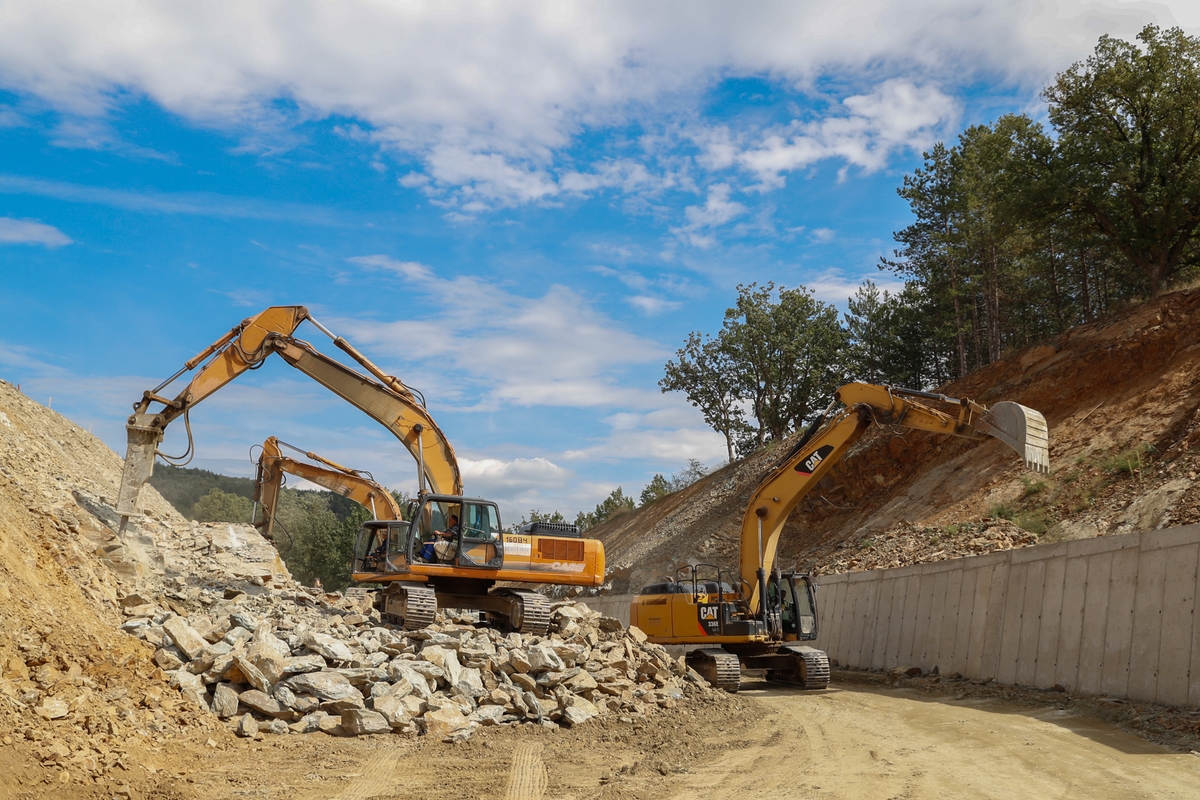
The group then visited North Macedonia’s first large-scale solar power plant, Oslomej 1, another flagship investment within the EU’s Economic and Investment Plan for the Western Balkans. Built atop a former coal mine, the 10 MW facility represents a milestone in the country’s transition from fossil fuels to renewable energy. With €1.6 million in WBIF grants and a €5.9 million loan from the EBRD, the plant is projected to generate nearly 15 GWh of electricity annually, sufficient to power 2,800 households.
"This is the first power plant to be built on a former coal mine dump in the Western Balkans," said Aleksandar Stefanovski, an engineer at Oslomej. “It is an example to follow of decarbonisation and transition to renewable energy sources not only in North Macedonia, but in the region."
Moving to Albania, the group toured Pogradec Wastewater treatment plant, which ensures that wastewater in the Pogradec area no longer flows untreated in Lake Ohrid but is safely treated and discharged. Thanks to a WBIF grant of €3.5 million and a €10 million loan from the German Development Bank KfW, the facility now ensures that all villages in the area benefit from reliable drinking water supply. “Since completion in 2015, we have seen a significant improvements in lake biodiversity and tourism,” said Redina Palla, the plant’s director.
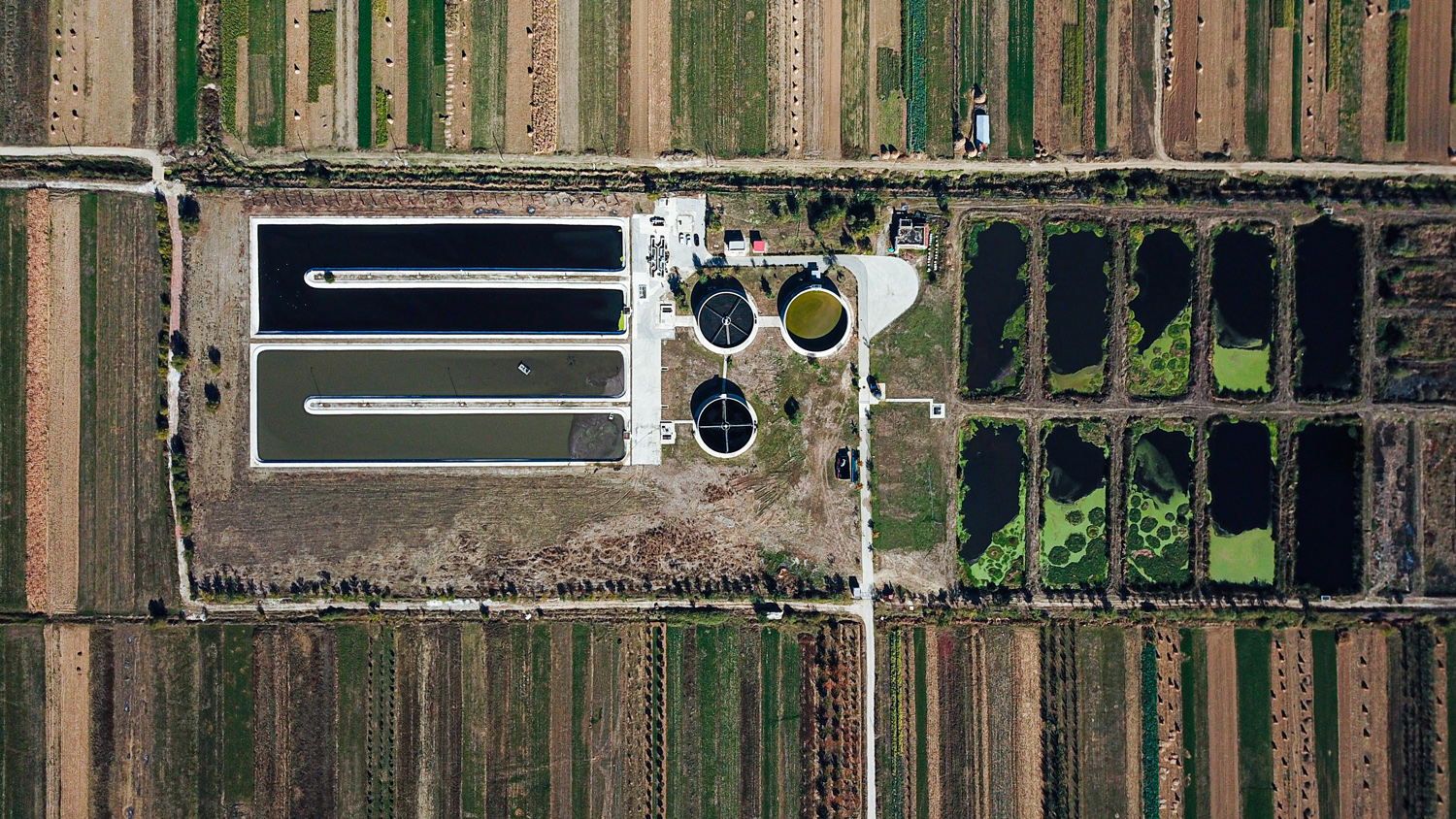
The trip concluded in Tirana, where 19 student dormitories are undergoing energy-efficiency renovation as part of the Student City I Masterplan. Supported by a €4.8 million WBIF grant and €21 million from the German Federal Government through the KfW Development Bank, the project is set to improve living conditions for students and promote sustainability. Melissa Sessiors, a student of Business Administration and dormitory resident remarked: “Living here is now more affordable and comfortable, and the study spaces really help me focus.”
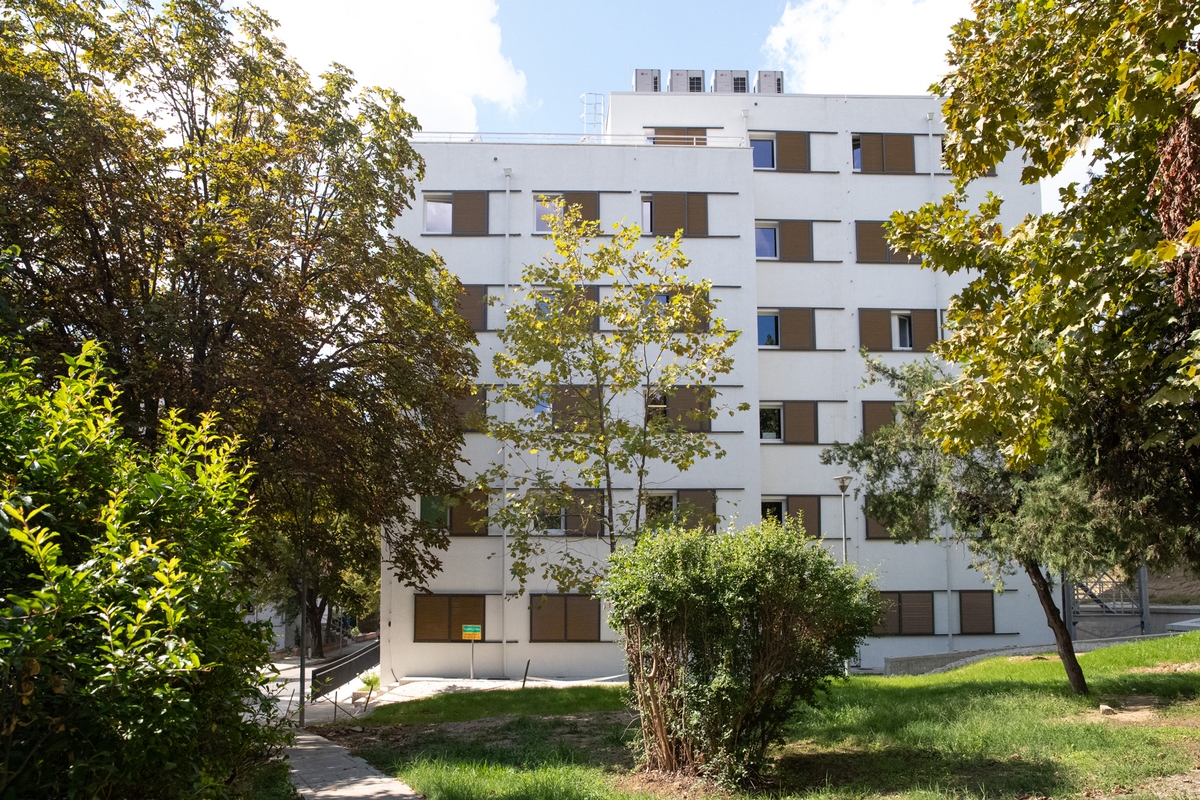
Before departing, the group met with Silvio Gonzato, Head of the EU Delegation in Albania, who underscored the broader significance of the WBIF. “By advancing the social and economic infrastructure, enhancing the private sector in the region, and creating new job opportunities, we are directly improving the lives of citizens in Albania and the Western Balkans,” Gonzato told reporters in Tirana.
For more details of the EU-supported investments under the Economic and Investment Plan, see the booklet:
